“Everything is connected to everything by secret knots.” Numerology and number magic has fascinated humanity throughout millennia. From African tribes, American Indians, and Mayas to Mesopotamia, China and India, numbers are attributed mystery and meaning. Annemarie Schimmel (1922-2003), Harvard University professor known for her vast knowledge and distinguished books on Sufism and Islamic culture, offers a rare resource in numerology with her book The Mystery of Numbers. She demystifies the meanings of numbers in the religious traditions of Judaism, Christianity and Islam with rich, at times astonishing examples, from folklore, literature, art, creed and everyday life rituals. She …
Tag: Rumi
Mathnavi is a universal love hymn. On the 750th anniversary of his death, the mythical poet, sage and spiritual master Rumi (30 September 1207, Belh region – 17 December 1273, Konya) is one of the most read poets in the West. Leili Anvar attributes it to his sublime spiritual poise that transcends all religious norms. She is known for her scholarly translations, her profound knowledge of mystical Persian literature, and life and spiritual personality of Rumi. In the preface of her book Rumi, the Religion of Love , she describes the epoch he lived in Anatolia. Rumi lived in …
Rose has been considered the symbol of love, beauty and divine perfection since ancient antiquity. Rose essence was used in cooking, medicine and various ceremonies at the time of Zoroaster (circa 1000 BC) in Persia. Washing the hands and face with rosewater for purification, sprinkling rose water on one another, drinking rose syrup, burning rose incense featured various ethnic, cultural, religious ceremonies. During the middle ages, the rose was cultivated in monastery courtyards and was used for incense and medicinal purposes. It is been said that the finest rose water and oil is extracted from what is commonly known today …
“ The words you speak become the house you live in ” said Hafez, and life in this fleeting house is sublimely described by Rumi : This being human is a guest house. Every morning a new arrival. A joy, a depression, a meanness, Some momentary awareness comes as an unexpected visitor. Welcome and entertain them all! Even if they’re a crowd of sorrows, who violently sweep your house empty of its furniture, still, treat each guest honorably. He may be clearing you out for some new delight. The dark thought, the shame, the malice, meet them at the door …
One of the most read mystical poets, Rumi (1207-1273) recounts in his seminal Mathnawi the story of the temple of King Solomon . When he started the construction of the temple following the divine order, medicinal plants sprouted one after the other in the courtyards of the temple. Endowed with the gift of speaking the language of animals, plants, and other creatures in nature, King Solomon would ask the emerging sprouts : Tell me your name, what you heal, which medicine are you? whom you hurt, and whom you cure Plants would speak up and count their remedies and …
One of the most read and quoted Persian poets of the 13th century, Mevlâna Mohammad Jalal al-dîn Rumi, known as Rumi was a savant and mystic. Born in Balkh region, today’s Afghanistan (1207-1273), he and his family moved to Konya, Turkey after the Mongol conquest. Soon after his settlement in Konya, mystics, and Sufi dervishes gathered around him to benefit from his spiritual and intellectual knowledge. The spiritual life was embedded in the daily material life of the dervishes. Their gatherings were accompanied by spiritual music and dancing. It is during this period he is called “ Mevlâna” – meaning …
How the Medicinal Herbs Grew in the Temple of Solomon — the Farther Mosque which Solomon visited daily for devotion and to guide the devotees During his prophecy, David received a Divine order which ordained that his son, Solomon should build a temple. Set out to fulfill this order, Solomon began constructing the temple which would be renowned as the Temple of Solomon. Also later known as the Farther Mosque, it would preserve its unprecedented standing in history. Rumi recounts the blissful story of Solomon’s Temple in his Mathnawi, and says that plentiful stones needed in the construction were fetched …
Here is a story from Mathnawi, a monumental epic written by timeless Rumi (1207-1273). One day, Moses heard a shepherd on the road praying, God, where are you ? I want to help you tie your shoes and comb your hair. I want to wash your clothes and clean the lice off. I want to bring you milk , kiss your hands and feet when you go to bed. I want to sweep you room and keep it neat. Dear God, my sheep and goats are yours. When remembering you, all I can say is eyyyy and ahhhh. Moses could …
A wonderful story told by Rumi on the art of pure reflection and mystical beauty in the sufi way of being. The Prophet said, “There are some who see me by the same light in which I’m seeing them. Our natures are one. Without reference to any strands of lineage, without reference to text or traditions, we drink the life-water together.” Here’s a story about the hidden mystery : The Chinese and the Greeks were arguing as to who were the better artists. The king said, “We’ll settle the matter with a debate.” The Chinese began talking, but the Greeks …
Greek philosophers and Rumi on how to keep the soul happy What makes us happy ? When and how are we happy ? Where ? With whom are we happy ? Such questions about happiness are asked at least once in a lifetime. We do evaluations and measurements of our happiness; occasionally we may reach a conclusion : somewhat happy, sometimes happy, more or less happy in the past, at present, or will be happy in the future… We get to remember the times we were at the peak or we may fantasize a possible future happiness. Sometimes we measure …



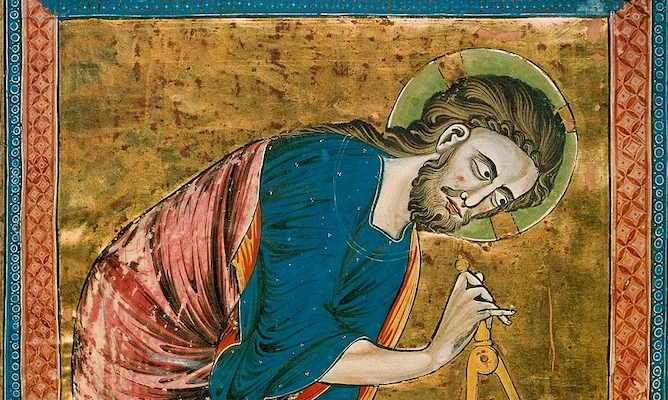
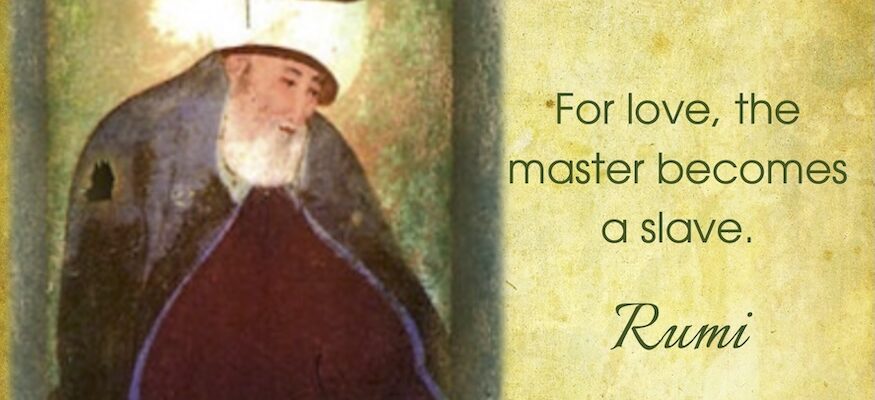

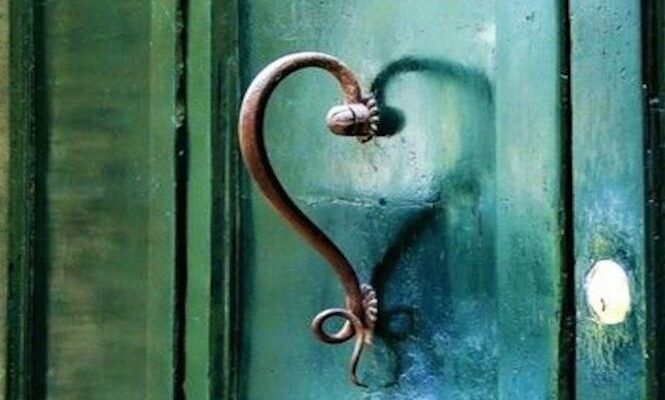

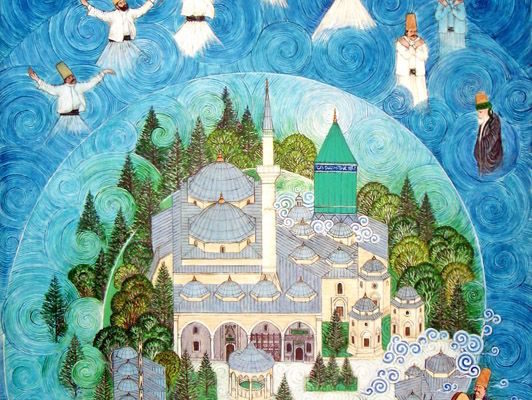
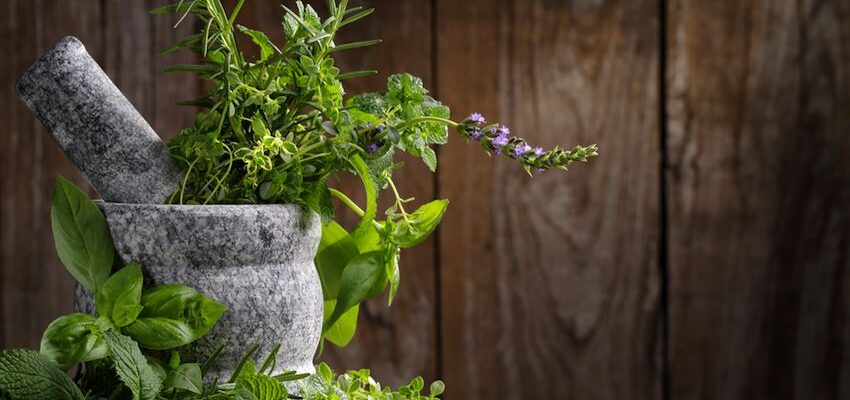
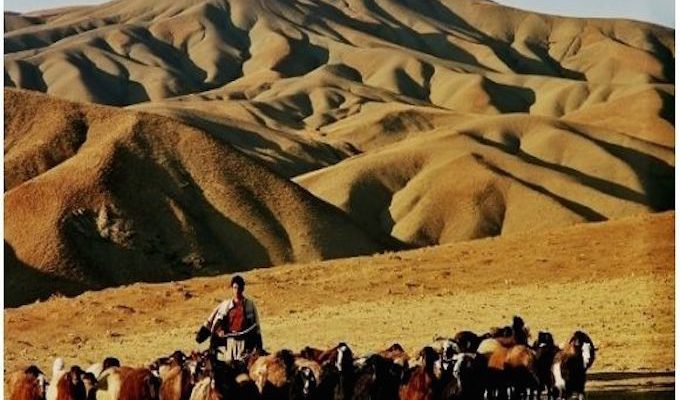
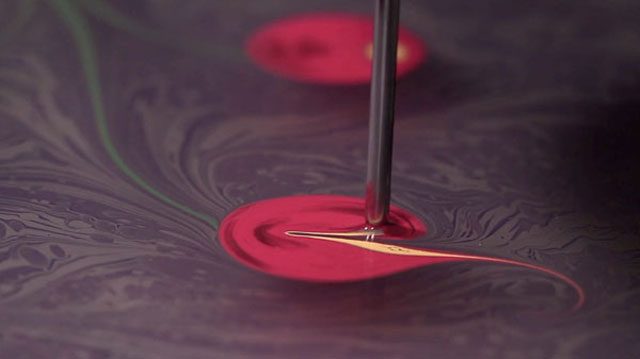
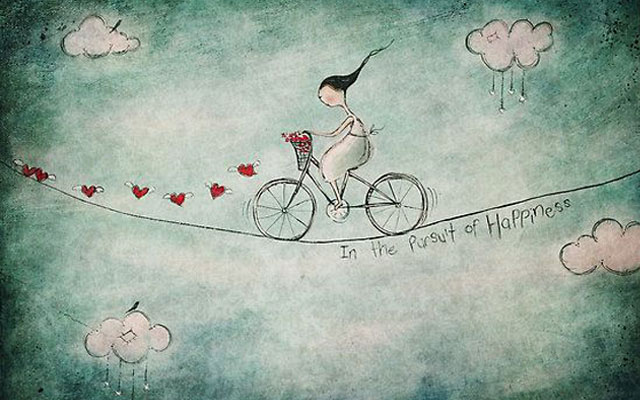





Social Profiles